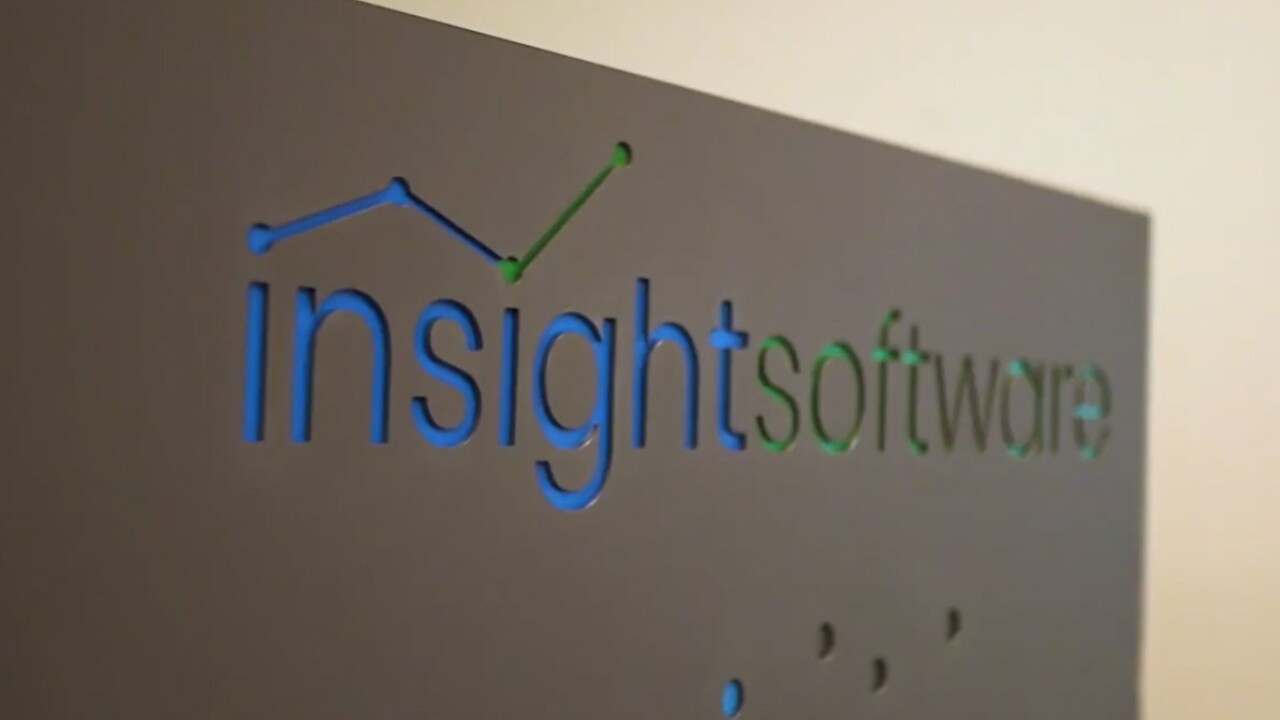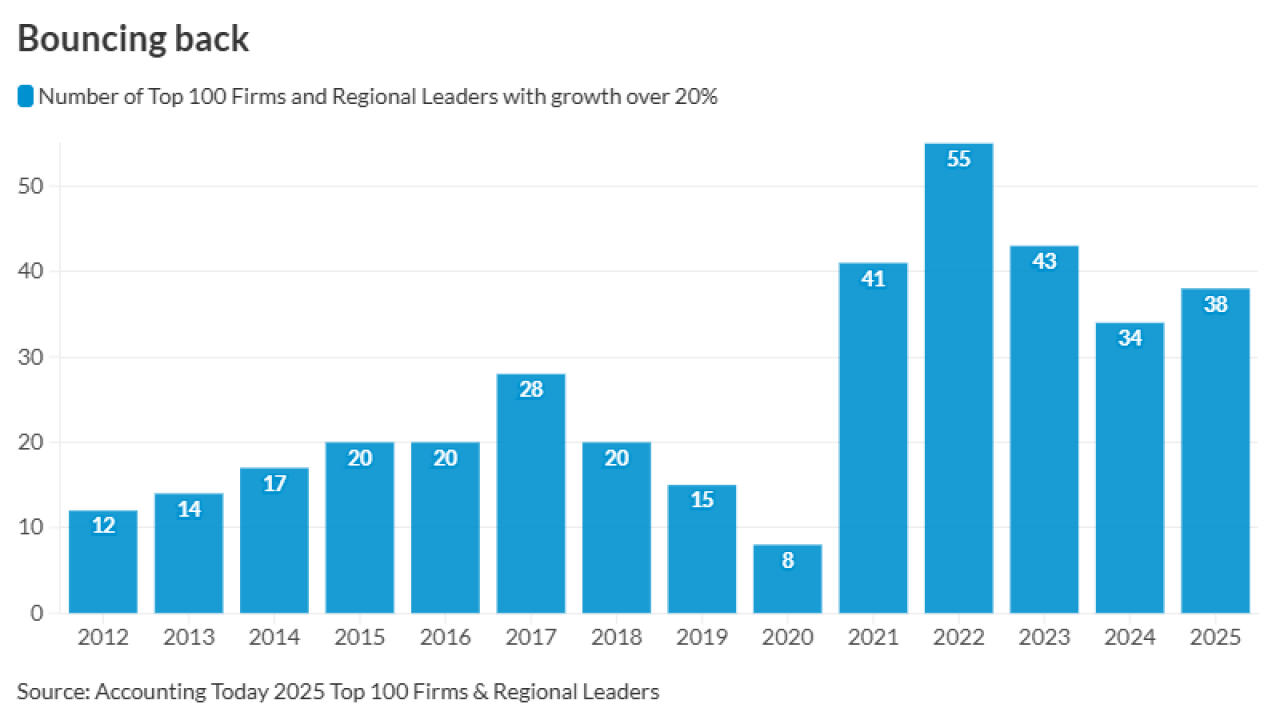IMGCAP(1)]A few weeks ago I
To start, value pricing is a pretty straightforward issue for those who truly value price and a misunderstood issue for most that do not. I cannot treat it completely in a short article and refer my readers to Ron Baker’s book, Implementing Value Pricing. However, today I will address the focus of my caller’s questions about value “bonuses” from clients.
The idea of value pricing is to meet with clients before any work is started and help them determine the value of the services based on exactly what they need done, and how they will pay for it. This is significant and so is the terminology. It is value “pricing,” not “billing.” The price is determined beforehand by both parties. A bill is usually sent after work is done—it possibly could be a bill based on value, but it is not the value pricing Ron Baker espouses. A bill based on value is usually one-sided, with the accountant deciding what they feel the value is to the client after the work is completed. Usually the value to the client is zero after the work is done; it is over and the client no longer needs it. As Dave Cottle says in his book, Bill What You Are Worth, Third Edition, the value to the client is always the greatest before you start any work. Read both books.
Now, assume you performed services producing a much larger value than ever imagined, and you believe you should be paid a “bonus,” so you either send an extra bill or meet with the client to discuss it. This is not a value-pricing moment, but a retroactive attempt to get a bonus.
Many typical fee arrangements are set in advance, even when we are on a strict time basis. Sometimes the fees run much higher than anticipated and sometimes lower. It’s usually the lower times that we ask for the bonus. A question to consider is why base once in a lifetime nontraditional or super special services for a client on a strict time basis or a standard pricing method when there is an opportunity to create substantial value for the client?
Here is how I’ve handled this in the past when I felt my fee did not represent the full value of my services. I’ve asked for a bonus based on the great result I’ve attained for the client. It hasn’t happened too often because the value potential was usually anticipated beforehand and the fee arrangement was based on that. I was being paid for great results. On some occasions when the fee arrangement was agreed to beforehand I told the client I would like to reserve the right to ask for a bonus, but it would be based on the client’s discretion. However a few times, absent any implicit agreement or understanding, I asked for a bonus and received one. Not always what I asked for, but substantial enough to make me feel good and for the client to demonstrate their gratefulness for what I did.
This is not a clear area, regardless of how we set it up, and we have to be flexible, able to improvise and capable of expressing clearly to the client what we want accomplished based on the situation.
Edward Mendlowitz, CPA, is partner emeritus at





